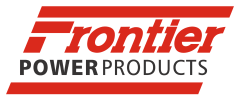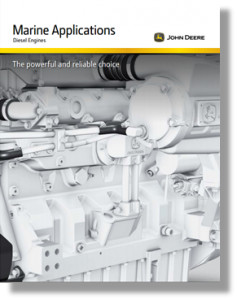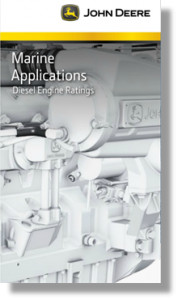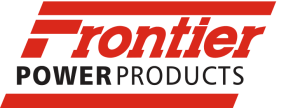With our roots on the west coast of Canada, we have lots of experience when it comes to marine applications.
What is a Marine Generator Set?
In most marine applications the cooling system will use sea, river, or lake water as the cooling exchange medium. Most industrial generator sets use a conventional fan and radiator cooling system, dissipating jacket water and charge-air-cooling heat to the atmosphere. Normally a marine engine will employ a heat exchanger (shell and tube or plate type) or keel cooling or a variation of these types of cooling system.
There are other differences between industrial and marine generators and we look at some of these in the Things to Consider section below.
 Checklist of Things to Consider
Checklist of Things to Consider
Electrical 
- What is the system voltage and frequency?
- Do you require single or three phase output?
- Are there any significant motor loads, such as freezers, bilge or fire pumps, deck machinery, and so on?
- Are there any sensitive AC loads that may be damaged by voltage spikes or dips?
- Is there any significant non-linear load? For example, a variable frequency drive system on electric motors.
- What is the expected average load? The expected peak load?
- Do you need to plan for additional loading?
- Is there, or will there be, a need to parallel with any other generator sets.
Physical
- Will the generator set placement allow access to service points such as oil level and fill, coolant level and fill.
- Can the valve cover be removed for routine valve sets?
- Can the cylinder head be removed including lifting apparatus, where required?
- Do you require an enclosure for sound reduction?
- Consider marine vibration mounts to reduce noise and vibration in the vessel.
- How will exhaust gases exit? Will the exhaust system be wet or dry? In a wet system, raw water may be mixed with the exhaust flow and vented out the hull of the vessel. A dry system typically vents through a vertical exhaust system.
Cooling and Ventilation Systems
- What type of cooling system best suits your application? Commonly, auxiliary generator sets may be heat exchanger, keel, or channel cooled. The conditions and location that the vessel operates in will have a bearing on the cooling system selection.
- Vessels operating at higher load levels and low hull speeds have to be aware of the warmth generated around external cooling passages as a result of slow water flow past the cooler.
- Vessel working in tropical waters must recognize the limited heat transfer characteristics of the warmer waters.
- Fresh air is required for combustion and to dissipate the heat radiated from the engine. As well, there is heat generated in the generator windings that is usually exhausted into the engine or machinery room. (Large generators may be liquid cooled). Adequate engine room ventilation must be provided.
- AC generator rating usually take into account the higher ambient temperatures encountered in marine applications. However, inadequate ventilation is a common problem and deserves consideration.
- Cooling systems degrade over time. Even well-maintained cooling systems develop some surface film or scale that impedes heat transfer. The system should be sized for worst-case situations of highest loads and warmest exchanger water. Then add a safety factor that will allow for cooling system degradation over time.
Classification Societies
- Many vessels are required to meet standards for insurance and safety purposes.
- Classification societies (e.g., Lloyd’s, DNV, ABS) often have strict requirements regarding engine and generator construction.
- To meet the classification societies’ standards, the packager must be aware, in advance, which standards are to be met. Although the standards are similar across societies, some have different standards.
- There may be substantial costs associated with meeting “Class” requirements. Discuss this with the relevant society before committing to any generator set purchase.
|
Available Marine Generator Sets
Here are links to our marine generator drive engine and generator set manufacturers’ websites.
Have a look around and then give us a call and let us help you find what you need.
Custom Built Marine Auxiliary Packages
We custom build marine auxiliaries for all applications: generator, hydraulic drive, refrigeration and any combination. Read more.
 Checklist of Things to Consider
Checklist of Things to Consider
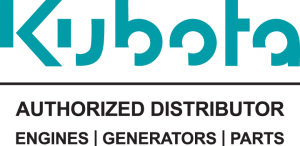
![]()
